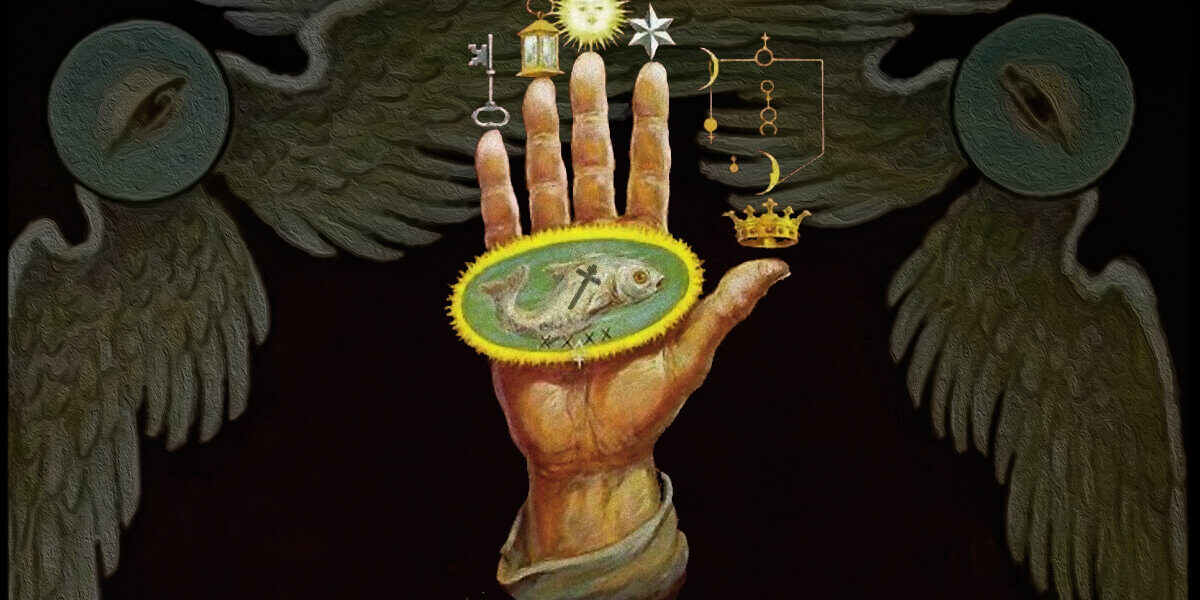Do Christian Mysticism Actually Engage In This?
I’ve read Islamic tradition revealing that Mohammad, exactly like Moses, Abraham, and Jesus, was wont to go to a mountain. While there they would contemplate life and its meaning. This was not recreation, this was not “getting away from the crowds.” This was contemplation, a necessary element of the mystic traditions. And not just Christian mystics. All mysticism.
Let’s look at why just a little before we go any further:
“It is requisite for the good of the human community that there should be persons who devote themselves to the life of contemplation” – St. Thomas Aquinas.
St. Thomas Aquinas’s disciple, Peter Pieper wrote: “For it is contemplation which preserves in the midst of human society the truth which is at one and the same time useless and the yardstick of every possible use; so it is also contemplation which keeps the true end in sight, gives meaning to every practical act of life.”
Even Plato knew that a person could, through contemplation, ascend to the “form of God.”
In Christianity, contemplation refers to a content-free mind directed towards the awareness of God as a living reality. Think for a minute about that. A content-free mind. We’ll need to come back to that.
You should note that in Christian mysticism specifically, you have contemplative prayer (contemplation), which is a form of prayer distinct from vocal prayer as well as meditation.
You could call this a form of mystical union with God.
That sounds kind of heavy so let’s revert to exactly what it is we are talking about.
Contemplation
1. The act or state of contemplation.
2. Thoughtful observation or study.
3. Meditation on spiritual matters, especially as a form of devotion.
4. Intention or expectation (for example contemplation of an expected change.)



